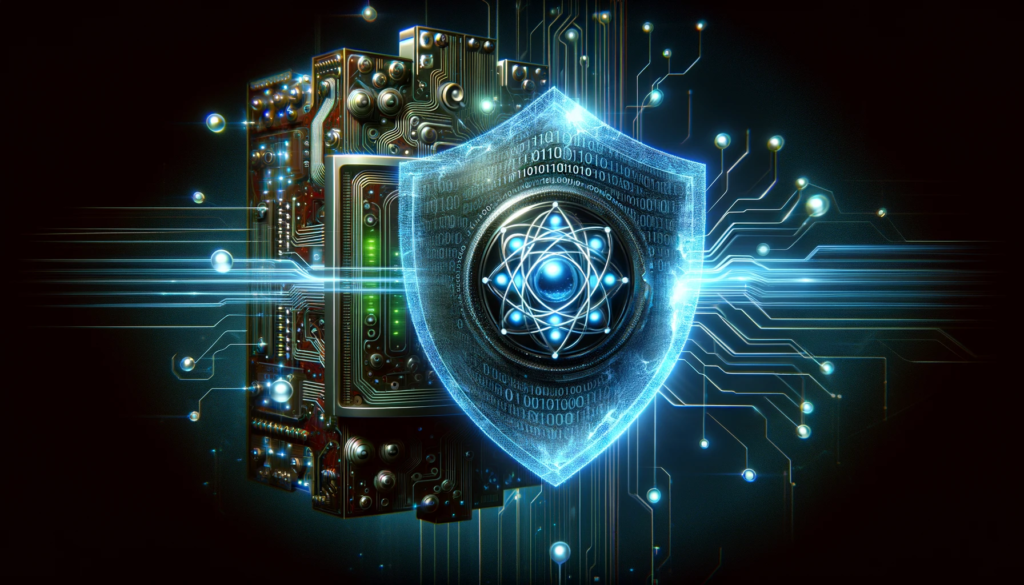
Quantum computing, a rapidly advancing technology, holds the potential to revolutionize various fields, including cybersecurity. Unlike traditional computers that use bits (0 or 1), quantum computers are built on qubits, which can hold multiple values simultaneously, providing unprecedented computational power. This power, however, also poses significant risks to cybersecurity, particularly in the area of encryption.
Quantum computers are capable of solving complex problems much faster than current computers, impacting fields like drug discovery, materials science, and encryption algorithms. The significant energy and financial resources required for building and maintaining quantum computers suggest that they might become commercially viable within the next 3 to 10 years, although their widespread availability may still be expensive.
One of the major cybersecurity challenges posed by quantum computing is the potential to break commonly used encryption algorithms like RSA and ECC. This capability could compromise the privacy and integrity of sensitive data, including financial transactions and personal information. There is a growing need to develop post-quantum cryptographic algorithms that are resistant to quantum attacks. The transition from traditional encryption to post-quantum cryptography is crucial for maintaining secure communication in the quantum era.
Moreover, the concept of the “cryptopocalypse” is gaining attention. This refers to the point at which quantum computing becomes powerful enough to use algorithms like Shor’s algorithm to crack public key infrastructure (PKI) encryption. This could make all encrypted data, including military secrets and intellectual property, vulnerable to adversaries who may have already stolen and stored encrypted data, waiting for the time when they can decrypt it with advanced quantum computing. This “harvest now, decrypt later” threat underscores the urgent need for quantum-safe and quantum-secure cryptography.
On the technological front, 2023 marks a shift in the quantum computing landscape, moving away from focusing on increasing the number of qubits to enhancing the quality of qubits and interconnectivity between quantum chips. IBM’s development of processors like the Heron, which focuses on the quality of qubits and their connectivity, indicates a trend toward modular quantum computers. These developments are part of a broader movement in the industry towards large-scale, distributed quantum computing, which requires a significant number of interconnected qubits to run error-corrected quantum algorithms.
Additionally, the industry is moving away from the “noisy intermediate-scale quantum” (NISQ) model, which involved using a few hundred qubits for computing despite the disruption caused by noise. The focus is shifting towards developing large-scale quantum computers with hundreds of thousands of qubits for error correction.
While quantum computing offers immense possibilities, it simultaneously presents formidable challenges to cybersecurity. The development of quantum-resistant cryptographic methods and the ongoing advancements in quantum computing technology are critical areas of focus to address these challenges effectively.